|
The Catholic Bishops of Canada are grateful that Pope Francis has accepted their invitation to visit Canada on a pilgrimage of healing and reconciliation. The Holy Father’s full statement on the matter can be found here. In anticipation of this visit, the planned delegation of Indigenous survivors, Elders, knowledge keepers and youth will travel to the Holy See, where they will have the opportunity to speak to Pope Francis about the timing, focus, and themes in preparation for his future pilgrimage to Canada. “The Bishops of Canada have been engaged in meaningful discussions with Indigenous Peoples, especially those affected by Residential Schools who have shared stories about the suffering and challenges that they continue to experience,” said CCCB President, the Most Rev. Raymond Poisson. “We pray that Pope Francis’ visit to Canada will be a significant milestone in the journey toward reconciliation and healing.” The Canadian Bishops recently pledged to work with the Holy See and Indigenous partners on the possibility of a pastoral visit to Canada by the Pope. Following this pledge and informed by three years of ongoing dialogue between the Canadian Bishops, the Holy See, and Indigenous Peoples, the President and former-President of the CCCB met in Rome with the Secretary of State of the Holy See to discuss next steps on the reconciliation journey earlier this month and in preparation for the delegation. This delegation to the Holy See will take place from December 17-20, 2021, and is being planned in close collaboration with National Indigenous Organizations and other partners. “We will invite the delegation of Indigenous survivors, Elders, knowledge keepers, and youth who will meet with Pope Francis to open their hearts to the Holy Father and share both their suffering as well as their hopes and desires for his eventual visit to Canada,” added Bishop Poisson. Additional details about Pope Francis’ pilgrimage to Canada, as well as the Rome delegation will be announced by the CCCB as details are confirmed. OTTAWA, October 27, 2021 - Link to CCCB message
0 Comments
A message from the Alberta Bishops for Catholic Education Sunday - Nov 7, 2021 Dear Sisters and Brothers in Christ, The fourth wave of this pandemic continues to challenge us. In the midst of illness, uncertainty and insecurity, these prophetic words of Jeremiah resonate deeply: “I will heal your wounds,” says the Lord. “I will restore you to health.” These words offer comfort and hope to our Catholic school communities here in Alberta as they celebrate Catholic Education Sunday on November 7, 2021. In solidarity with our fellow Ontario Catholic educators, we embrace the theme: Catholic Education: Rebuild, Restore, Renew Together. The difficult circumstances of these past two years have placed upon our families the heavy burden of worry and uncertainty as they strove to support the educational learning of their children. Our Catholic schools worked closely with parents through the dedicated efforts of trustees, superintendents, teachers and staff, all deeply committed to fulfilling the vision of Catholic education for more than 183,500 students in 450 schools across the province of Alberta. The many acts of sacrificial love made for the sake of our students give witness to our faith, and serve to rebuild, restore and renew Catholic education. Together, our parish and school communities encourage parents to continue to choose a Catholic school for their children. We are grateful for the treasure that is Catholic education, and are eager to share it. Catholic Education Sunday is an annual event that serves to celebrate the important and critical role that our Catholic schools play in the province of Alberta. It provides us with an opportunity to recognize the vibrant faith that is the foundation of our Catholic schools, and encourages us to reflect with gratitude on the countless blessings to be found within the Catholic educational community. Catholic Education Sunday also serves to challenge each of us to step forward as advocates, inspired and emboldened to ensure the future of Catholic education as an essential dimension of the mission of the Church. We, the Bishops of Alberta, recognize the vital role of Catholic education in the life and future of the Church and society. We are deeply committed to ensuring the integrity of our Catholic schools and the gift of faith offered to our students and their families. With hope and boldness, we must rebuild, restore and renew together the wonderful legacy of Catholic education. As the pandemic continues to challenge us, we encourage all who have worked tirelessly to promote Catholic education to stay strong, continue your good work, pray for inspiration and guidance, and be strengthened in the promise offered to all believers: “And the God of all grace, who called you to his eternal glory in Christ, after you have suffered a little while, will himself restore you and make you strong, firm and steadfast”. (1Peter 5:10) In this Year of St Joseph, during May’s Catholic Education Week, we consecrated all of Alberta’s Catholic schools to the loving care of St Joseph. As we continue to ask for the intercession of our patron saint, we call all the faithful across our province to unite in a novena prayer for our Catholic Schools. Publicly funded Catholic education is a gift which must not be taken for granted. Our commitment to Catholic education is steadfast. Together with the Alberta Catholic School Trustees’ Association (ACSTA), the Council of Catholic School Superintendents of Alberta (CCSSA) and Grateful Advocates for Catholic Education (GrACE), we shall continue our efforts to ensure the future of Catholic education in our province. United in prayer, let us humbly and confidently ask our loving God to rebuild, restore and renew all of our Catholic schools through His providential care. Yours sincerely in Christ, Catholic Bishops of Alberta and NWT Download Resources
Vertical Divider
Every year a significant proportion of electronic waste (E-waste) is exported from high-income countries like Canada to lower-income countries. There, e-waste is dismantled, recycled and refurbished in environments where infrastructure, training and environmental and health safeguards may be non-existent. (Source: WHO)
The eye-opening video documentary: Welcome to Sodom - shows how children and adolescents in Agbogbloshie, a waste site in Ghana, dismantle recycled electronics in toxic smoke. Here, a child eating just one local chicken egg will absorb 220 times of the daily limit for intake of chlorinated dioxins. But there is hope. And it can start with us. This infographic tells the story of E-Waste, from the invention of the telephone, to the story of the first electronics recycling program in Alberta, and to what it will take for a circular future. Consider these for faithful living
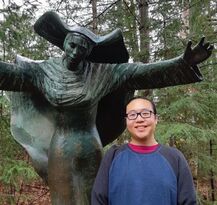 Stories written and compiled by Solomon Ip for Faithfully. A note from Solomon The Diocesan Office of Communications had initially approached me last year if I would be willing to write the jubilarian interviews for 2020, but I was just about to leave for Ontario for six months. This year, I thought I’d be proactive and offer to take on the project, not realizing that there is a wonderfully large amount of jubilarians this year! My life is often that of St. Martha, where I am distracted by many different things; it has been a blessing to take the part of St. Mary of Bethany for a change, and to figuratively “sit at the feet” of these masters, and learn what it means to live out one’s vocation. My sincerest gratitude to this year’s jubilarians for all they have done in their priestly lives - we would be much spiritually poorer without you! My deepest gratitude as well to the Diocese of Calgary, Dcn. Michael Soentgerath, Fr. Dan Gurnick, OFM, Fr. Kevin Lynch, OFM, and Mariette and Kristoph Dobrowolski.
Written by Deacon Michael Soentgerath for Faithfully, October 2021.
Fr. Wojciech Jarzecki can still hear the church bells ringing throughout his hometown of Chrzanow, Poland the day Bishop Karol Wojtyla was elected Pope John Paul II. “He was my bishop because I’m from the Diocese of Krakow. When he became a pope it was a pretty big deal,” said Fr. Jarzecki, who was only 6-years-old at the time. He could have never anticipated that years later he would literally continue to be so close to the late pontiff and be able to share that sense of closeness with his Calgary Diocese and beyond. Fr. Jarzecki has gifted Sacred Heart Parish in Strathmore with a rare first class relic of the modern-day saint. He served as pastor of Sacred Heart Parish for more than 10 years before being reassigned last year to St. Michael’s Parish in Bow Island, Alta. “The major impact that he made in my life was to show that the faith is not just something you have in your room; That the faith can mold your life, can mold the life of society and the country. Faith is not a theoretical thing, but it’s a practical thing,” said Fr. Jarzecki. And the Catholic faith doesn’t get much more practical than relics. Three years ago Cardinal Stanislaw Dziwisz gifted Fr. Jarzecki with two first class relics of St. John Paul II’s blood. During a medical procedure the Pope’s blood was drawn and kept in vials for a potential blood transfusion. After the Pope died, Cardinal Dziwisz had the unused blood turned into first class relics. Fr. Jarzecki called up the Cardinal to ask for a relic, and after some papal procedures, his request was granted. He traveled to Poland to receive the relic and bring it home to Canada. The relic looks like dried blood on a tiny piece of cloth encased in a pyx-like container with a glass top. Today, the relic is kept at the Sacred Heart Parish office and is brought out to venerate inside a reliquary on special occasions such as Oct. 22 – the feast day of St. John Paul II. At this time the parish community meets in the Holy Cross Collegiate gymnasium, while they raise funds to renovate a former IGA building into their new church building. The long term plan is to build a St. John Paul II chapel that will permanently house one of two relics; the other would be placed in the church altar. Sacred Heart parishioner Tomas Rochford is honoured that his parish houses John Paul the Great’s first class relic because he admires the late pontiff for authorizing the writing of The Catechism of the Catholic Church, deepening the Church’s teachings on sexuality with The Theology of the Body and upholding the dignity of the person amidst political corruption. “I find inspiring his ability to stand against the two great forms of tyranny in the last century – the fascism and nazism of Germany, but also communism, both of which affected Poland, and to come out of that situation not bitter, but reminding us that the answers to the moral, political, social problems are not to be found in a better, more powerful state, but in Christ ultimately,” said Rochford, the high school religion teacher at Holy Cross Collegiate in Strathmore 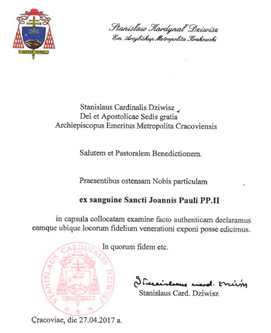 Relic authenticity paperwork Relic authenticity paperwork “That’s such an important witness even today when different forms of totalitarianism, even democratic totalitarianism, which is not as obvious as being taken to a gulag, can take authentic freedom away. I think John Paul II in his writings and the witness of his life is definitely someone we can turn to in this day and age.” Fr. Jarzecki hopes the relics will make tangible the life of St. John Paul II and that the lessons taken from history provide important guidance for how to live (or not to live) today. He remembers it wasn’t until he was 17-years-old in 1989 when Poland began to regain its freedom from communism. He remembers how the Communist Government put his father under house arrest because he was part of the Solidarity Movement in Poland opposing communism. “When (Pope John Paul II) was speaking to Polish people during the Communist (rule) he didn’t talk about taking up arms, what he was basically saying is you are children of God and no one can take that away from you. God gives you freedom, this is not a government gift,” said Fr. Jarzecki. “He showed how our faith can be so powerful if we follow it. Nobody believed communism could come to an end and it collapsed because of the Catholic faith.”
"My hope at sharing some personal reflections from the perspective of being both a Catholic Priest and man of Indigenous heritage. In honour of the national day in recognition of Truth and Reconciliation, September 30, 2021." 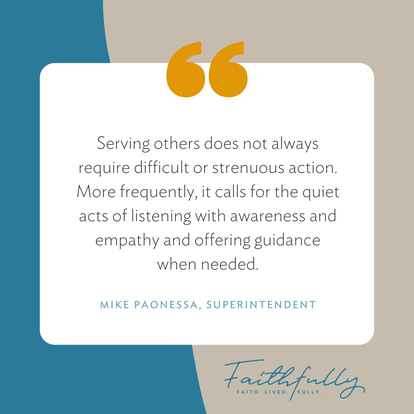 Pope Francis recently said, "It is a matter of being more attentive to the genuineness of the good rather than the name and provenance of those who did it." This is the way I was raised and given the example of my parents. After immigrating to Canada, they worked tirelessly to provide opportunities for our family. Their modelling showed me the meaning of making sacrifices, looking out for each other and most significantly, the magnitude of letting your actions do the talking. We are all called to bring Christ to one another. We don't have to be celebrities, superstars, or professional athletes to be role models. We influence people every day through our words and actions. My experiences as a teacher and administrator in Catholic education have also confirmed for me the huge influence that we have on people's lives. I am most grateful to serve as a member of a community of faith in all that I do. I'm privileged to witness the value of lifelong learning permeated with faith formation. Pope Francis has greatly influenced my faith journey when he says, "Let us ask our Lord to help us understand that love is service, love means taking care of others. "In every moment of every day, there is someone who needs our love and support. It is vitally important to extend our relationships beyond those we interact with on a daily basis to the marginalized and at-risk in our world. One way to foster these relationships is through service. Serving others does not always require difficult or strenuous action. More frequently, it calls for the quiet (but more powerful) acts of listening with awareness and empathy and offering guidance when needed. Father Richard Rohr writes: “If we are not deliberate about our relationships with those who are at risk in the world, the result is a divide that convinces the comfortable and secure that all is well and persuades the poor that there is no hope, and regardless of what else we do, we must stay connected in some kind of face-to-face way with the persons and the places at risk." My journey has taken me to what Pope Francis calls the peripheries. By encountering and supporting the vulnerable in their environments, I believe they begin to see me as a face of hope. Pope Francis says, "In a very real way, the poor are our teachers. They show us that people's value is not measured by their possessions or how much money they have in the bank. A poor person lacking material possessions always maintains his or her dignity. The poor can teach us much about humility and trust in God." The greatest gift I have to share is my gift of time. When I gift this to someone else, I am offering a part of me that I do not expect to get back. Through these encounters we are constantly presented with opportunities to shape our legacies. To quote Saint John Paul II, "The ultimate test of your greatness is the way you treat every human being." At the end of the day, we will not be remembered because of things we have acquired or personal successes. Rather, our legacies will be built on the human interactions and relationships we have fostered, nurtured, and cultivated, and by the love we show to whomever God places in front of us.
Written by Fr. Terry Connolly for Faithfully, October 2021.
|
Author
Catholic Pastoral Centre Staff and Guest Writers Archives
July 2024
Categories
All
|

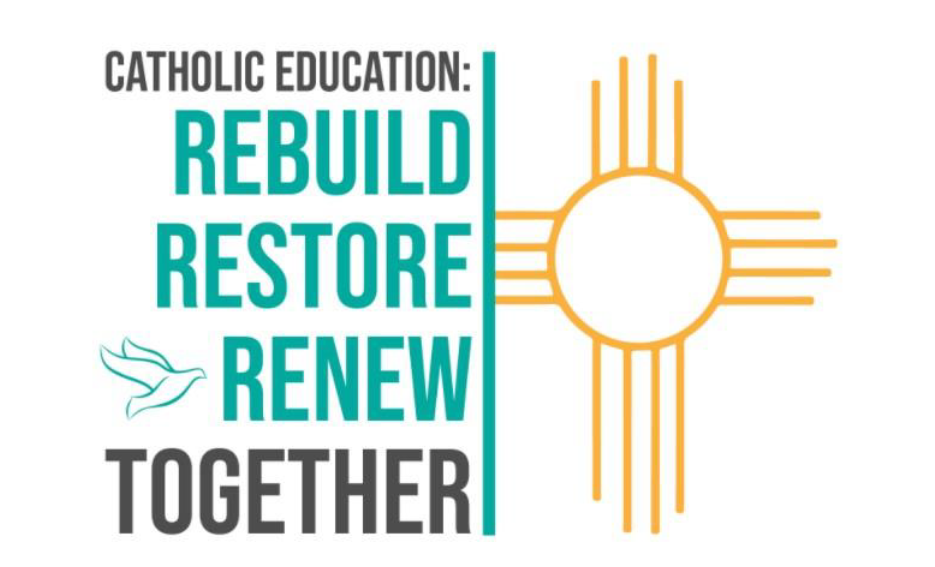
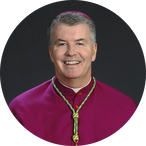

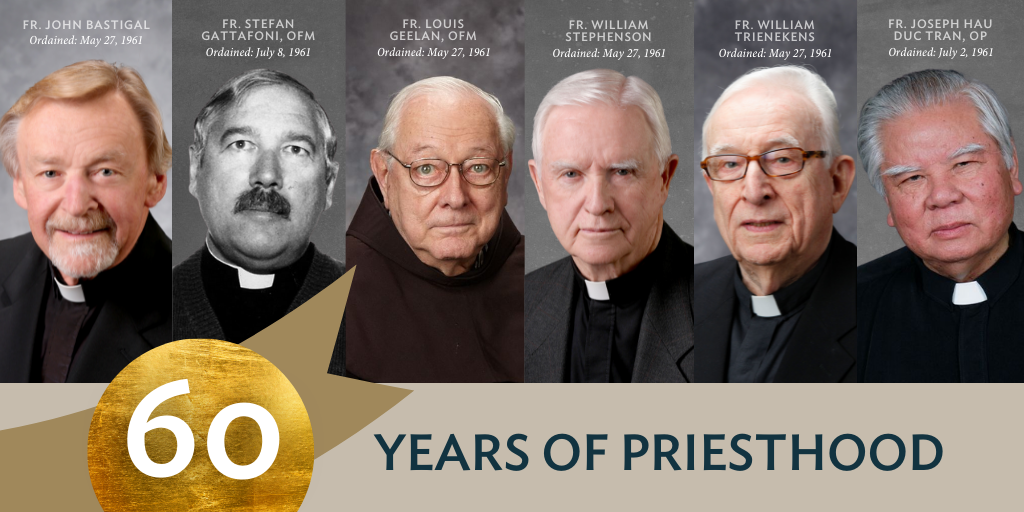
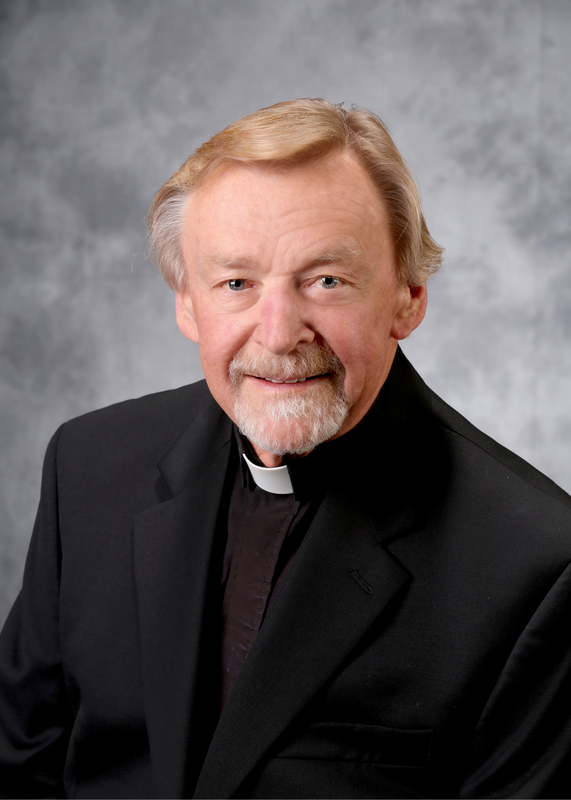
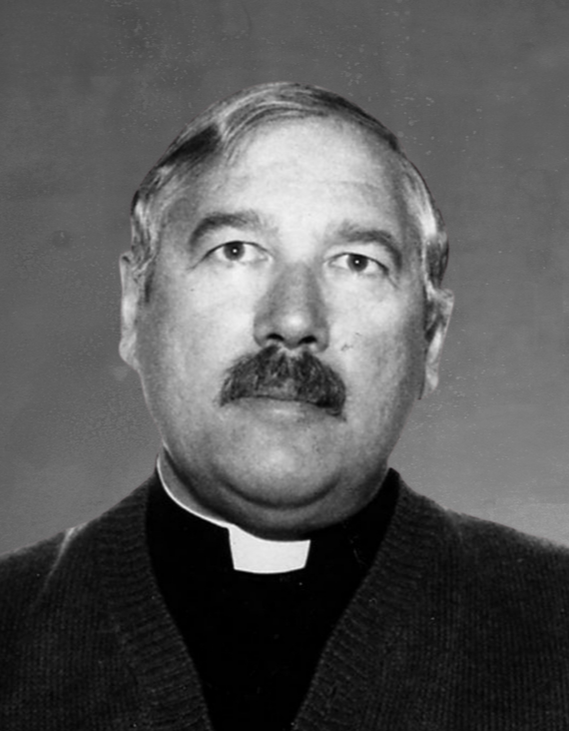
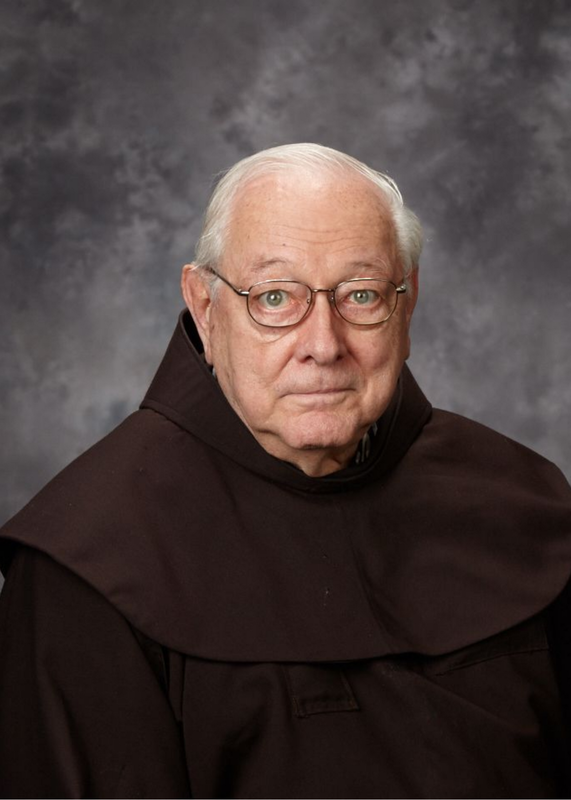
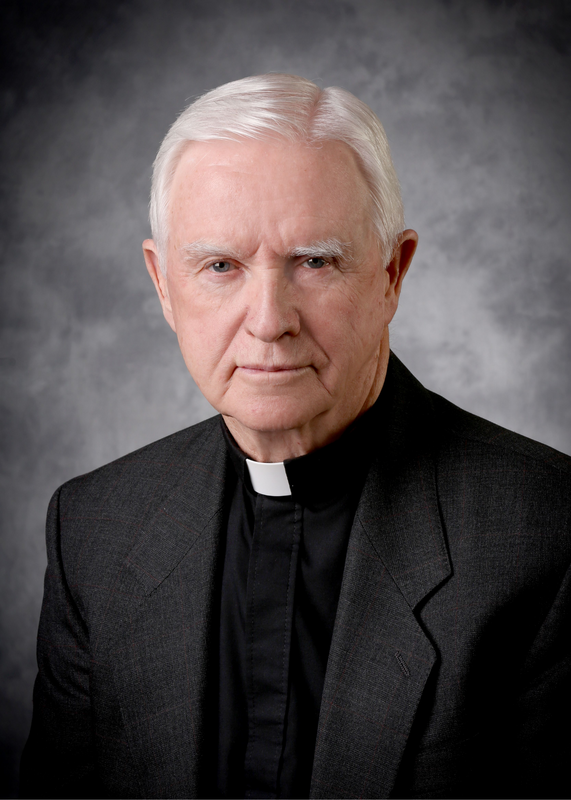
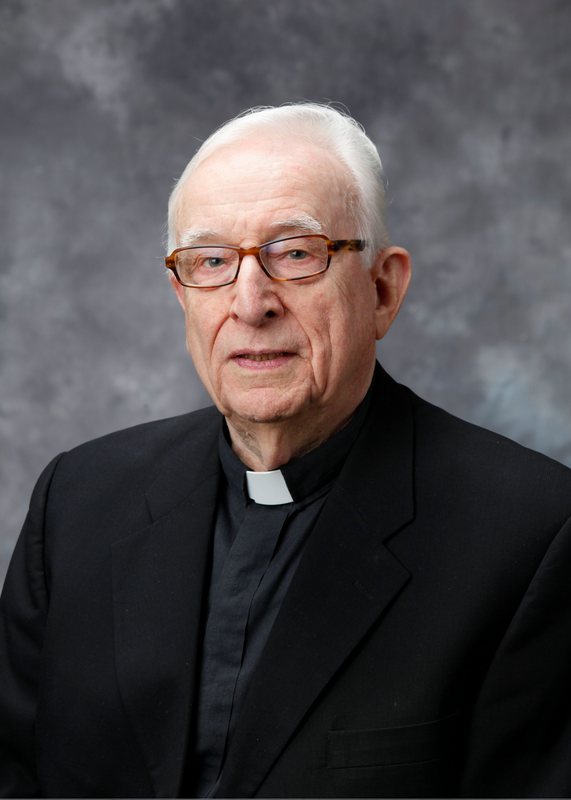
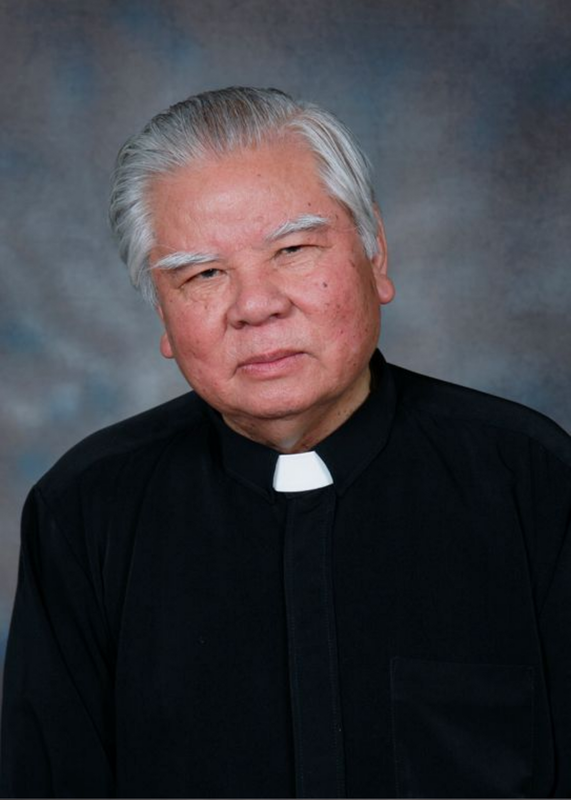
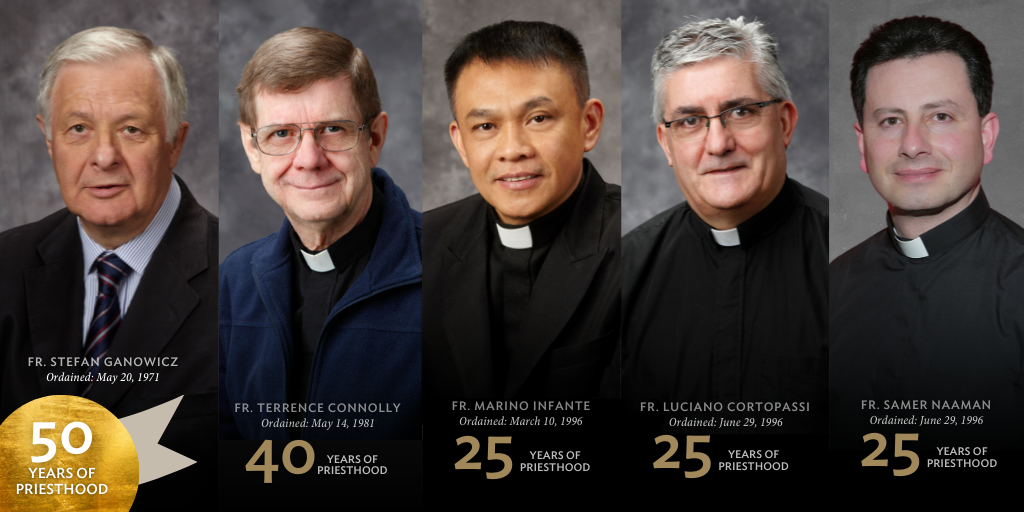
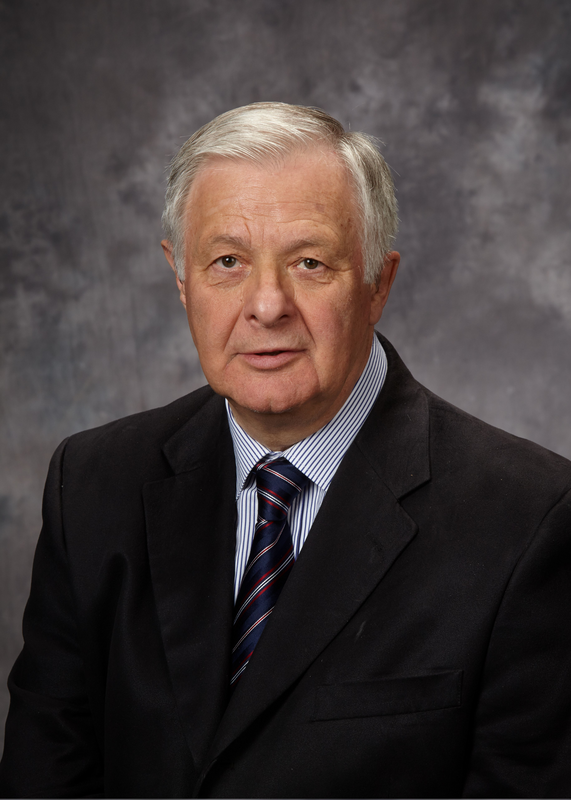
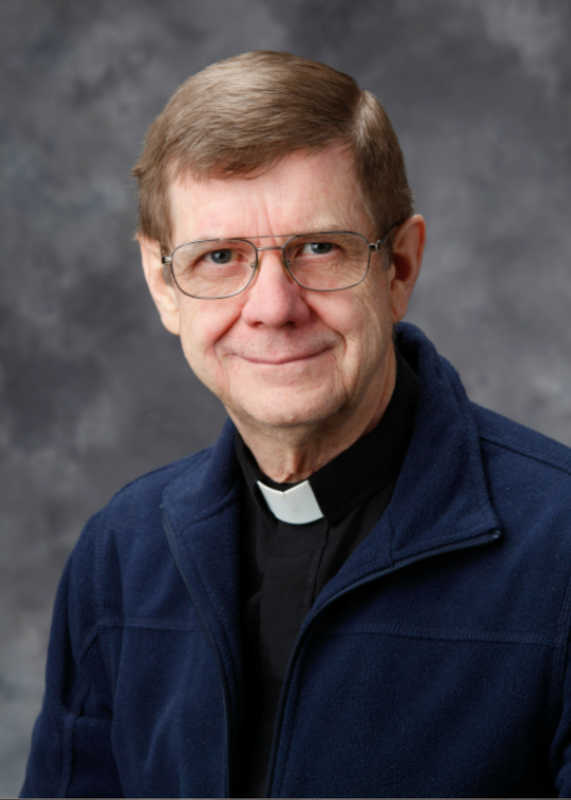
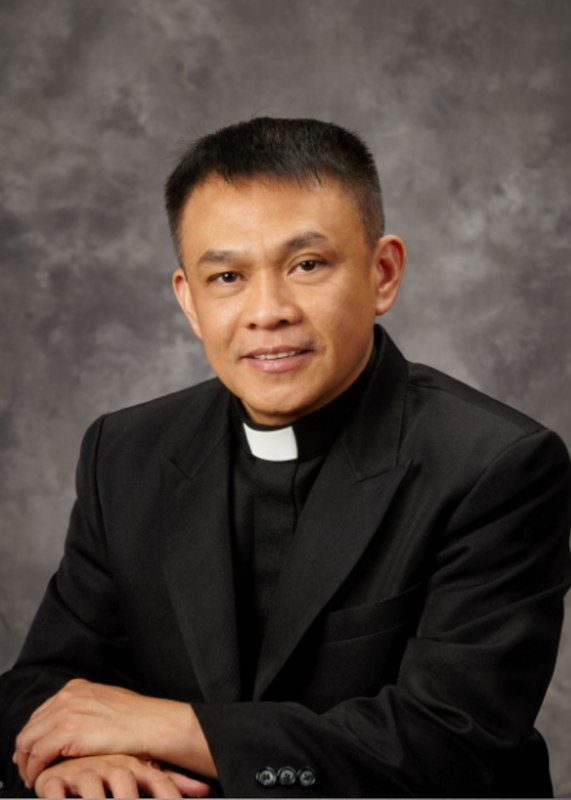
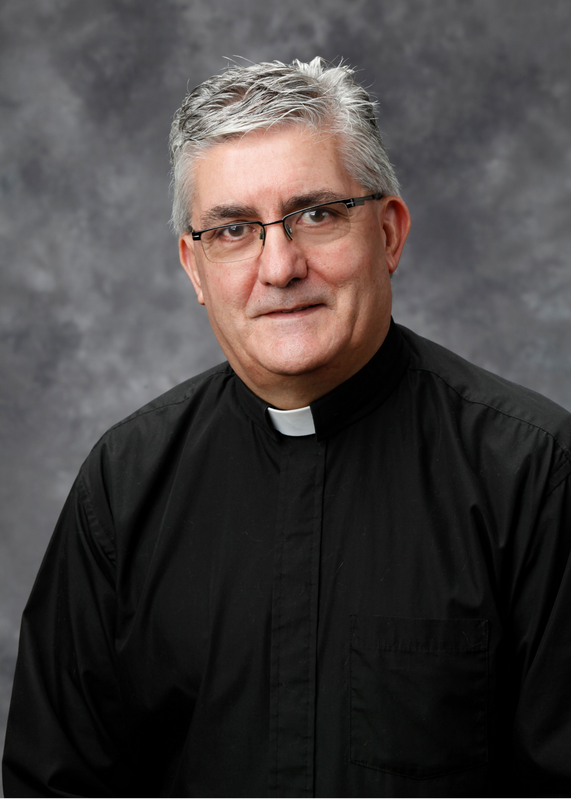
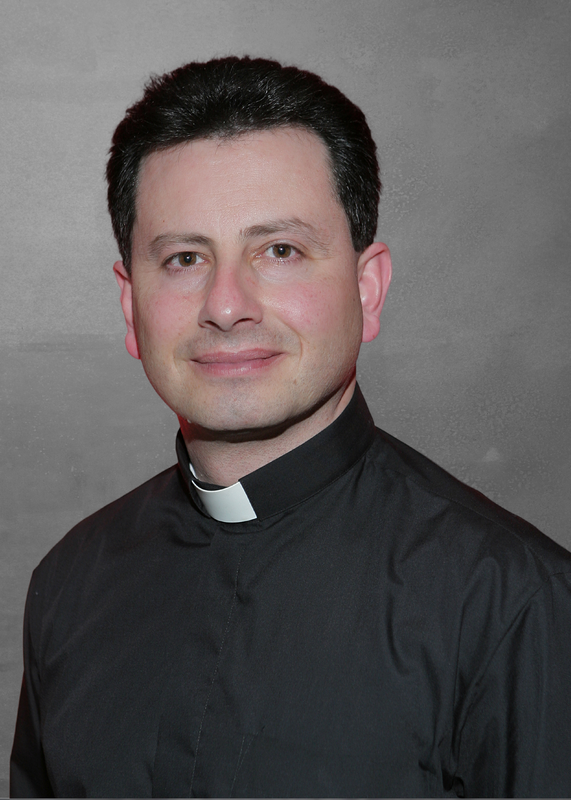
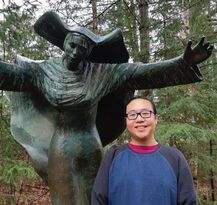
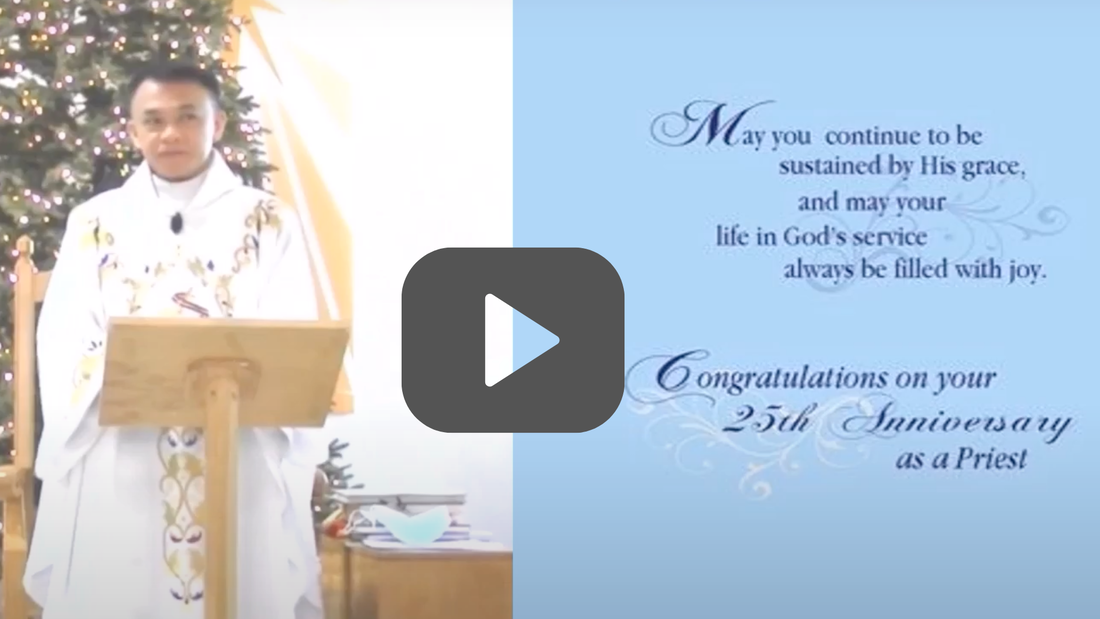
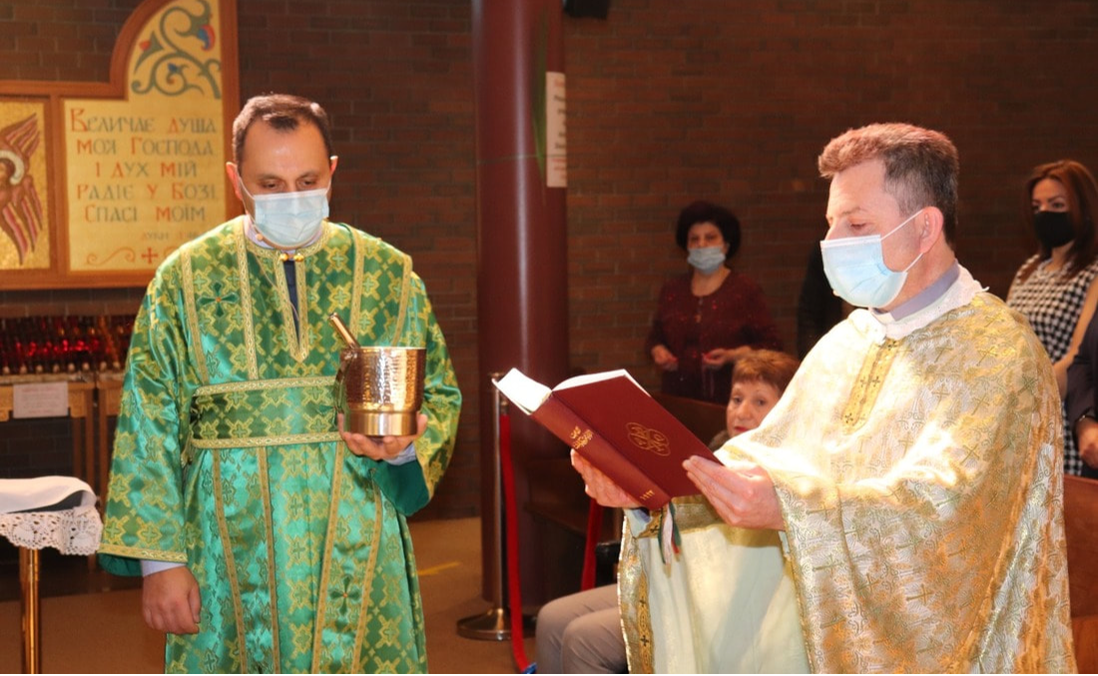
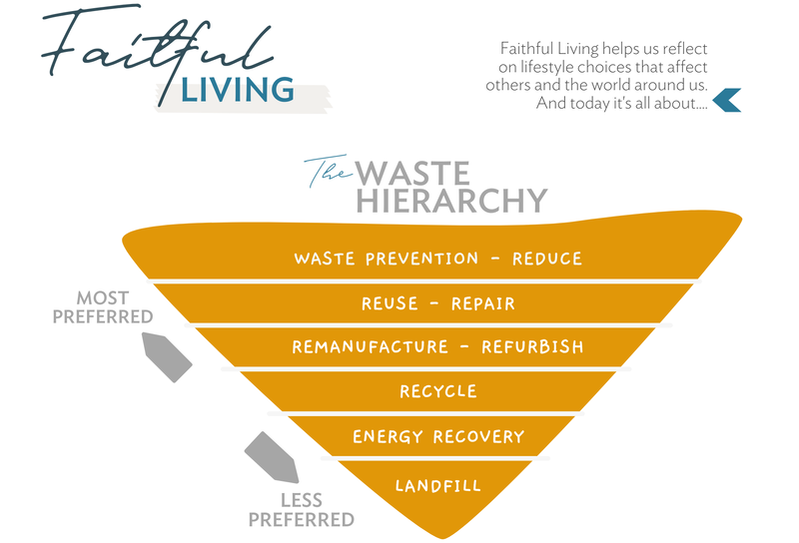
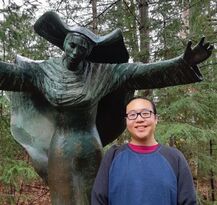
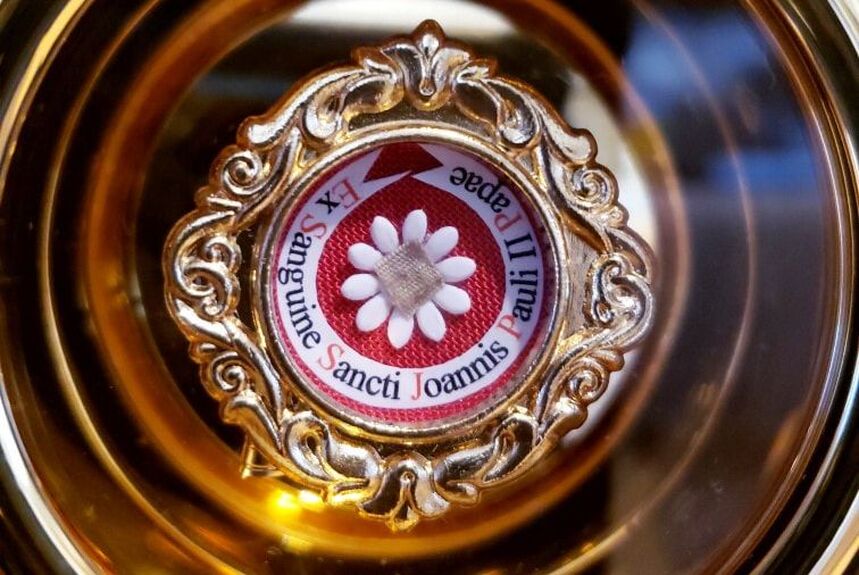
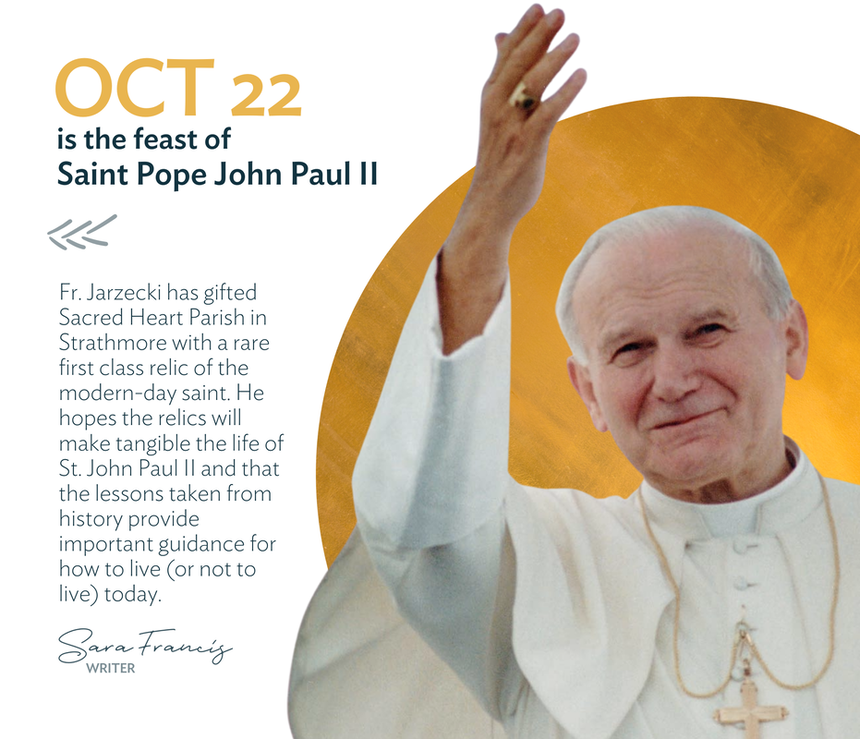
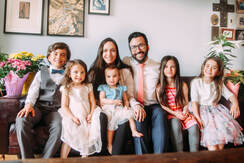
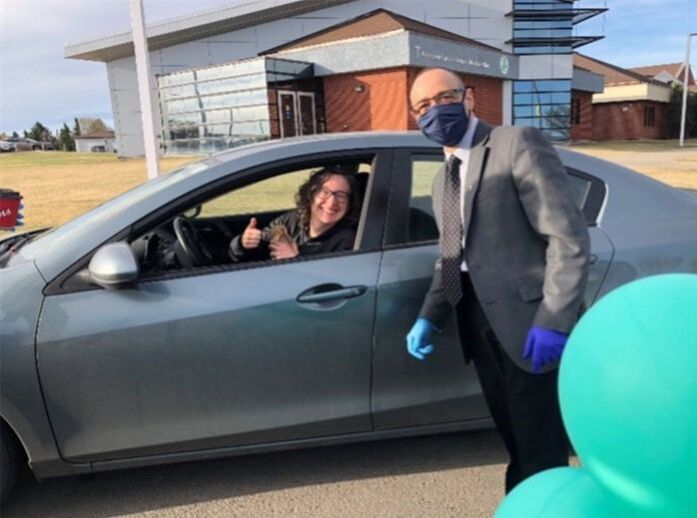
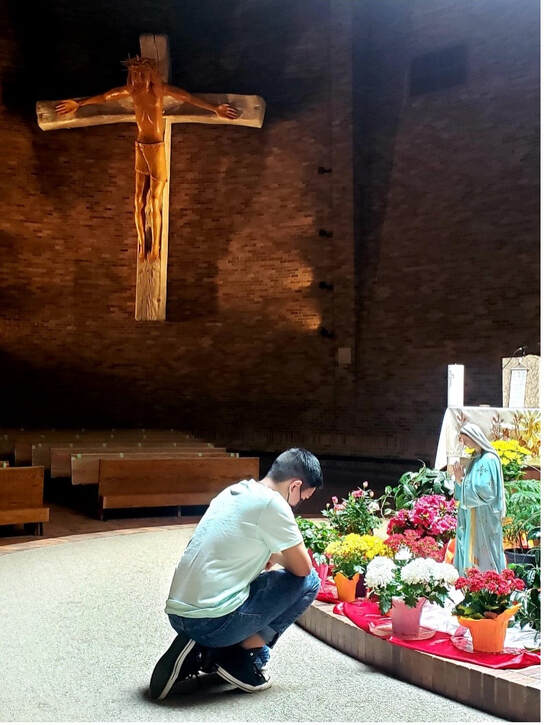
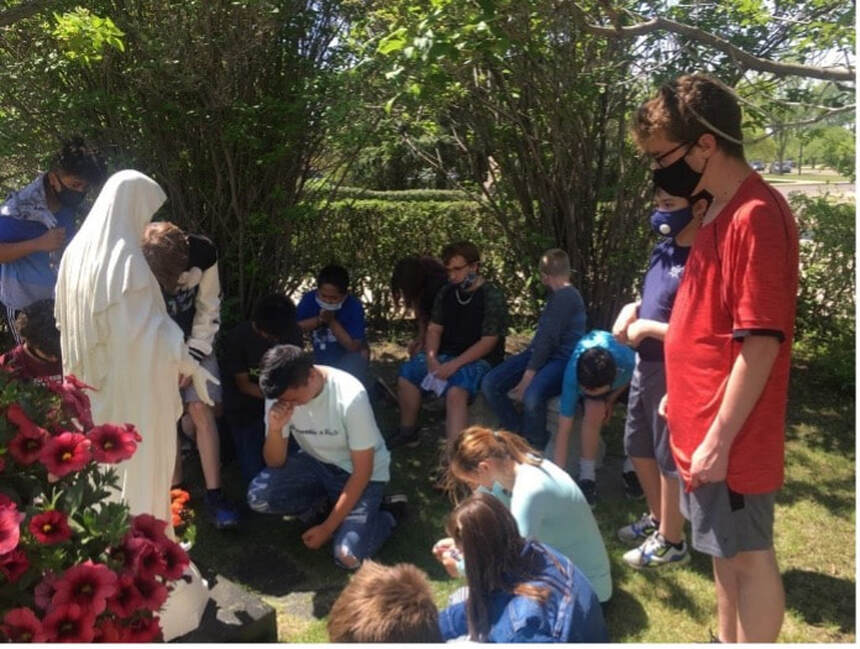
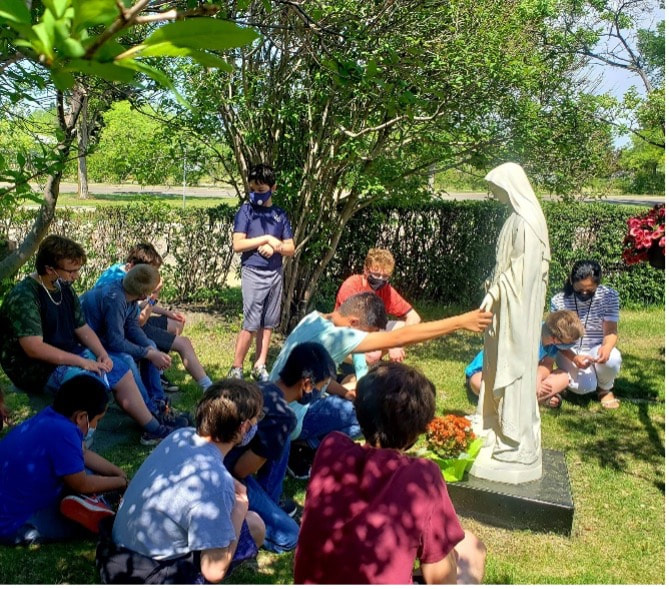
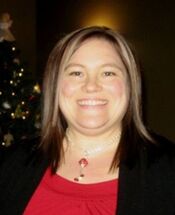
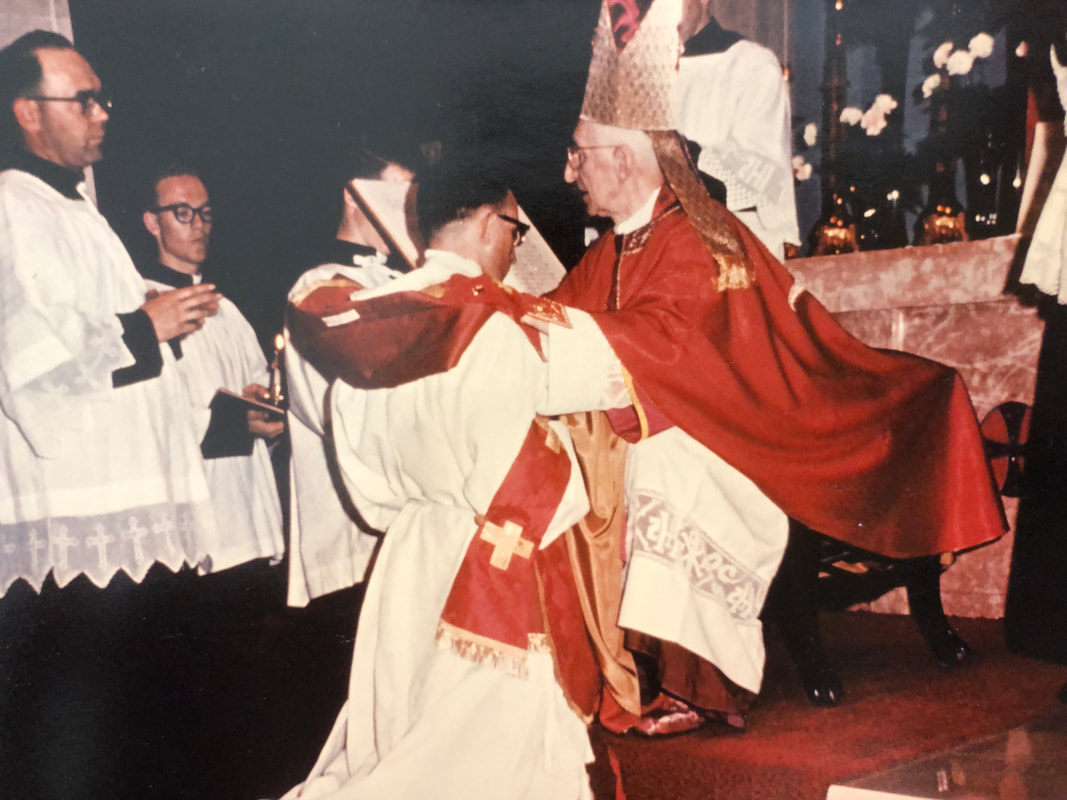
 RSS Feed
RSS Feed